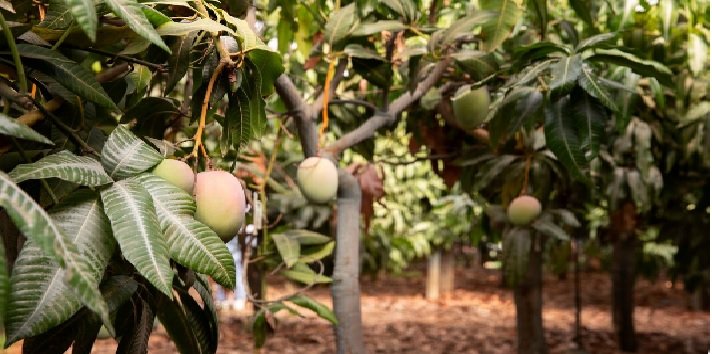Almond Boom Delights Farmers in Kashmir Valley
07-Aug-2025 05:24 PM

Pulwama. Farmers are very happy with the spectacular production of almonds in Kashmir Valley this year due to favorable weather conditions, but the decline in its plantation area there remains a matter of concern.
Producers say that on one hand residential and commercial complexes are being built rapidly in the producing area and secondly, farmers are now getting attracted towards the cultivation of other cash crops, which also includes apples.
As a result, there may be a serious threat to the long-term profitability of almond cultivation in Kashmir in the coming years.
According to the producers, although the production of almonds has improved during the current season, but if policy intervention is not done by the government and strict rules are not made for the use of land, then the situation may worsen in the coming time.
Almonds are produced on a large scale in Pulwama district of Kashmir Valley. This time there has been a spectacular production there, which is being considered one of the best productions till date.
But due to the use of land for other purposes, almond trees are being wiped out, which may adversely affect production in future. For the last several years, there has been a decline in the almond plantation area.
In the year 2006-07, the area of almond plantations was 16,374 hectares, which by 2019-20 came down to just 4177 hectares.
As a result, the production of almonds also fell from 15,183 tonnes to 9898 tonnes during this period. It is noteworthy that about 90 percent of almonds in India are produced in Jammu and Kashmir.
In some areas, almond producers have now started giving priority to apple cultivation. Due to the shrinking area, farmers are keeping a distance of only one and a half to 3 meters between two almond trees, whereas the ideal distance is considered to be 6 to 7 meters.
The Horticulture Department of Jammu and Kashmir is developing two new almond orchards. There are many almond orchards in Budgam district too, but the producers are facing many difficulties in selling their produce.
